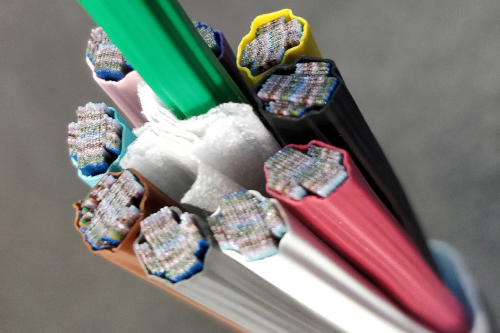In a breakthrough that could redefine the future of global connectivity, Japanese engineers have achieved record-shattering internet speeds of 1.02 petabits per second, marking one of the most significant technological leaps in data transmission history. To put this number in perspective, that’s more than a million gigabits per second—fast enough to download the entire Netflix library in a single second.
What makes this achievement even more extraordinary is the technology behind it. Unlike experimental systems that rely on exotic hardware, researchers accomplished this using fiber-optic cables remarkably similar to those already deployed worldwide. This compatibility brings the possibility of ultra-fast next-generation internet much closer to reality than previously imagined.
The research team used advanced wavelength techniques and multi-core optical fibers to exponentially increase bandwidth without expanding the physical footprint of the cables. Engineers say these methods can be scaled and integrated into existing infrastructure with minimal disruption—a major advantage for future commercial adoption.
Experts believe this milestone could transform everything from cloud computing and scientific research to streaming, remote work, artificial intelligence, and global communications. A future where massive files transfer instantly, real-time holograms become possible, and latency drops to nearly zero is no longer science fiction—it’s a technical possibility.
This record speed is roughly 3.5 million times faster than the average internet connection in the United States, highlighting just how far cutting-edge research is pushing the boundaries of digital capability.
Japan’s breakthrough offers a thrilling glimpse into an ultrafast digital future—one where global data flow is effectively unlimited and the internet becomes capable of powering technologies we’ve only begun to imagine.







